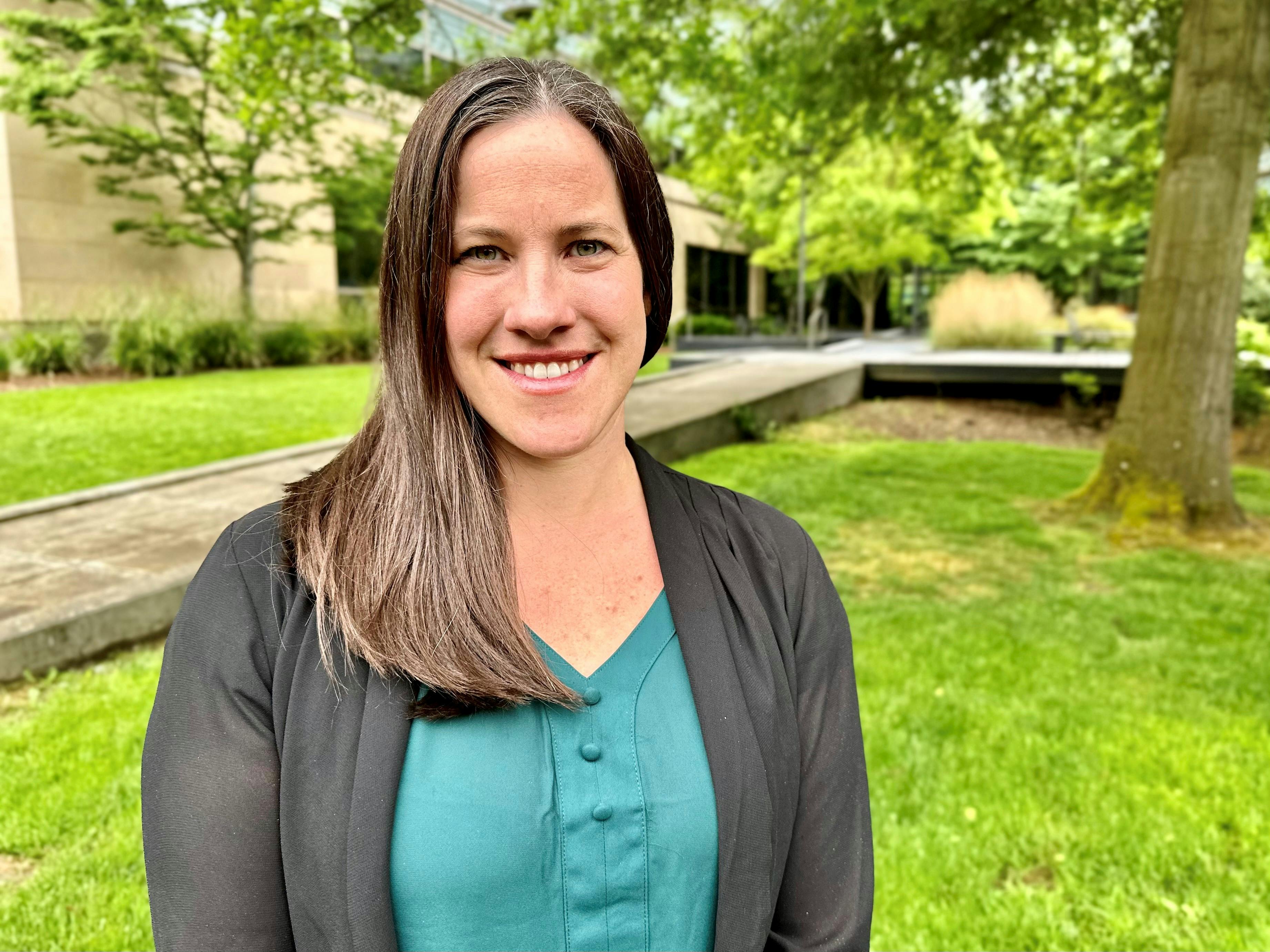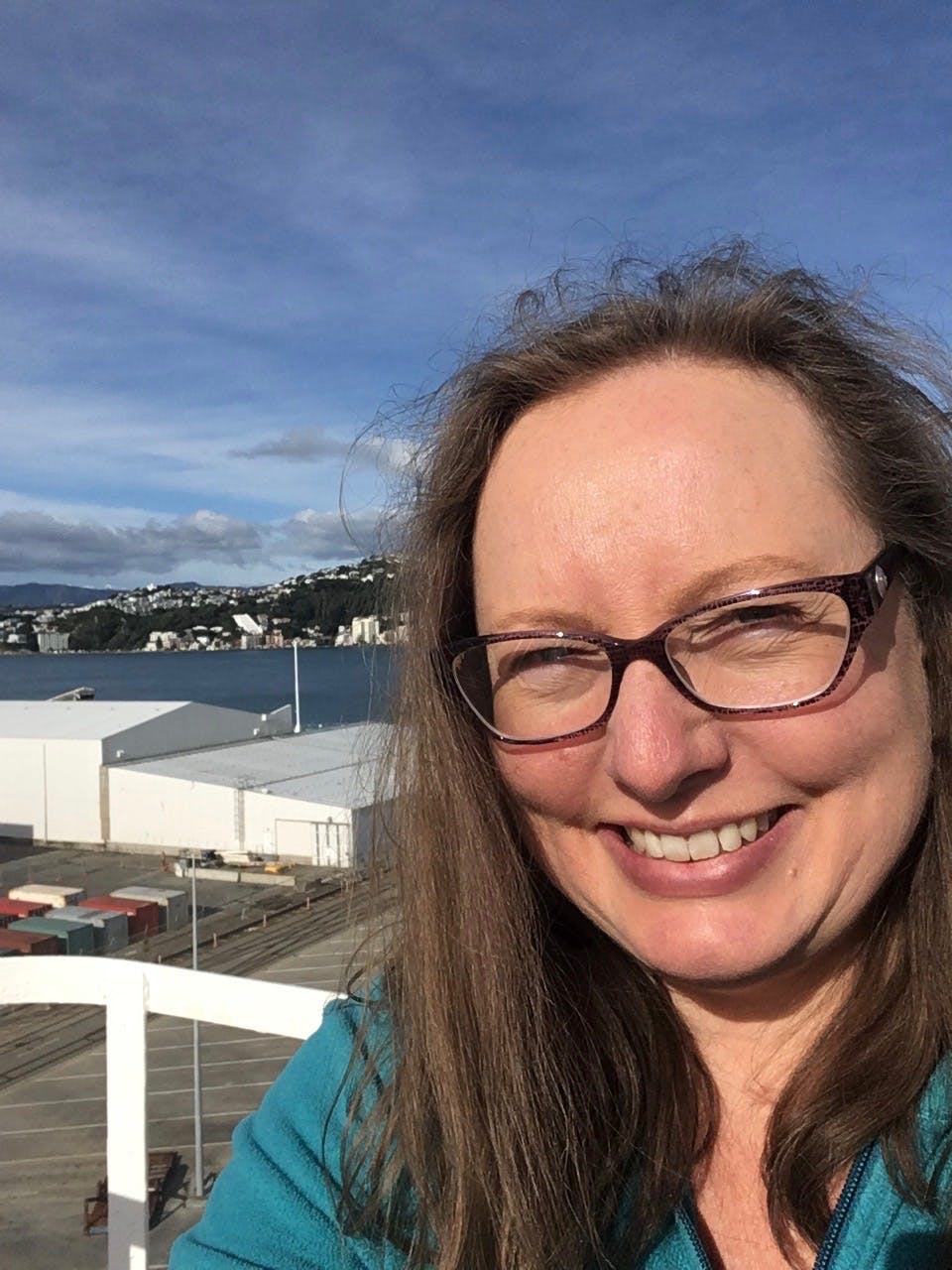Economic Development Strategic Plan

Economic Development Strategic Plan
The City adopted its first Economic Development Strategic Plan on July 16, 2024. The plan guides business support programming over the next five years.
You can view the components comprising the Economic Development Strategic Plan and submit your questions below:
- Economic Development Vision
- Economic Development Goals and Strategies
- Economic Development Strategies and Goals by Focus Area
The complete, adopted plan is also available on the City's webpage.
Economic Development Strategic Plan
The City adopted its first Economic Development Strategic Plan on July 16, 2024. The plan guides business support programming over the next five years.
You can view the components comprising the Economic Development Strategic Plan and submit your questions below:
- Economic Development Vision
- Economic Development Goals and Strategies
- Economic Development Strategies and Goals by Focus Area
The complete, adopted plan is also available on the City's webpage.
-
Economic Development Vision
almost 2 years agoShare Economic Development Vision on Facebook Share Economic Development Vision on Twitter Share Economic Development Vision on Linkedin Email Economic Development Vision linkEconomic Development Vision
Redmond's economy is diverse, resilient, and growing, based on a foundation of innovation, inclusion, collaboration, and sustainability. The City has a welcoming and attractive business environment with a highly educated and international workforce. Connected to the larger region, Redmond is a desirable destination with an exceptional quality of life, and vibrant amenities including recreation, culture, retail, and dining.
This vision supports the three economic vitality goals in the Redmond 2050 Economic Vitality Element. These are:
- A sustainable and resilient economy
- A high quality of life
- A diverse workforce and business community
-
Economic Development Goals and Strategies
almost 2 years agoShare Economic Development Goals and Strategies on Facebook Share Economic Development Goals and Strategies on Twitter Share Economic Development Goals and Strategies on Linkedin Email Economic Development Goals and Strategies linkGoals and Strategies
The following strategies and goals represent the first draft of a framework for the Redmond Economic Development Strategic Plan. This working draft framework includes foundational strategies, goals, and economic development strategies organized by thematic focus areas; detailed action steps for each strategy will be developed in future drafts. The framework will evolve through continued collaboration with the City of Redmond staff and stakeholders.
Foundational Strategies
Foundational strategies represent citywide initiatives that support the City’s vision for economic development. These ongoing initiatives are essential for economic growth and vitality and a high quality of life in Redmond. The economic development program should support these efforts to strengthen the City’s economic development environment.
- Strategy F1. Regional Collaboration and Partnerships: Leverage partners across the region for organizational strengths and economies of scale in achieving aligned outcomes.
- Strategy F2. Communication and Storytelling: Leverage citywide business engagement for relationship building and storytelling. Amplify a compelling narrative, including the economic impact and benefit for Redmond’s economic development program through strategic communications.
- Strategy F3. Equitable Economic Mobility: Support and engage in city efforts that foster equitable economic security and mobility.
- Strategy F4. Land use: Track and support the preservation and growth of needed business spaces in Redmond with particular attention to retail, manufacturing, and research and development spaces linked to key clusters in Redmond.
- Strategy F5. Transportation: Encourage multimodal transportation infrastructure improvements that support employee travel and foster business development and expansion, and support business districts.
- Strategy F6. Housing: Monitor and support policies that contribute to housing affordability and supply for workers at all skills and income levels to increase the workforce both living and working in Redmond.
- Strategy F7. Livability: Support investment in quality-of-life amenities to attract and retain businesses and a diverse workforce.
- Strategy F8. Sustainability: Embed the City’s sustainability goals within economic development business outreach and programing.
-
Economic Development Strategies and Goals by Focus Area
almost 2 years agoShare Economic Development Strategies and Goals by Focus Area on Facebook Share Economic Development Strategies and Goals by Focus Area on Twitter Share Economic Development Strategies and Goals by Focus Area on Linkedin Email Economic Development Strategies and Goals by Focus Area linkEconomic Development Strategies and Goals by Focus Area
Focus areas are broad thematic groupings that serve to organize the detailed strategies and actions at the heart of this plan. Six focus areas were identified in collaboration with the City of Redmond and validated through research, analysis, and stakeholder engagement. Each focus area has a goal, which establishes the desired outcomes for that area. Economic development strategies, in turn, are individual, coherent approaches to achieving that goal. The strategies have a short to medium term implementation timeline and are primarily led by the City’s Economic Development Division in collaboration with other city departments and external partners. Actions (which will be developed in future drafts) enact strategies. They are tactical or place-based to provide specific interventions, recommendations, or guidance.
The six focus areas and associated goals are as follows:
Focus Area 1: Business Retention and Expansion. Continue to build relationships and engage with existing and emerging businesses in Redmond to accurately assess their needs, address displacement risk and other challenges, to support expansion of business operations in Redmond.
Focus Area 2: Equitable Small Business and Entrepreneurship Support. Provide small businesses in Redmond with the right tools to start, stay, grow, adapt, and flourish by working in partnership with technical assistance partners and trusted messengers to preserve and increase the number of local establishments.
Focus Area 3: Cluster Diversification and Expansion. Expand established and growing clusters to strengthen competitive advantages and attract businesses that diversify Redmond’s economy and enhance economic resilience and increase tax revenue.
Focus Area 4: Business Attraction and Recruitment. Promote the attractiveness of doing business in Redmond and improve the business climate and opportunity for continued investment.
Focus Area 5: Workforce Development. Work with partners to attract, retain, and develop a broad base of creative and diverse talent in Redmond and increase access for Redmond residents to greater economic mobility.
Focus Area 6: District Development and Placemaking. Create and evolve district identities and branding to leverage district marketing power in support of inclusive and equitable growth and economic impact.
The following are strategies under each focus area:
Focus Area 1: Business Retention and Expansion
- Strategy 1A. Cultivate relationships with Redmond’s business community through robust, ongoing communication and invitations for Redmond’s businesses to be engaged in city efforts.
- Strategy 1B. Collaborate with Long Range Planning and Development Services to incentivize the creation of needed flexible spaces for retail, manufacturing, creative uses, and recreation uses.
- Strategy 1C. Work to proactively understand and predict the threats and opportunities for existing businesses in Redmond, including displacement.
- Strategy 1D. Monitor the existing and emerging needs of small businesses in Redmond.
- Strategy 1E. Work with public and private partners to foster affordable commercial space solutions.
Focus Area 2: Equitable Small Business and Entrepreneurship Support
- Strategy 2A. Collaborate with partners to develop programs that provide culturally trusted small businesses support across industries in Redmond.
- Strategy 2B. Foster entrepreneurship across industries and work with partners to ensure support for a diverse community of entrepreneurs.
- Strategy 2C. Increase outreach to and understanding of Redmond home-based businesses to help them grow and connect to market opportunities.
- Strategy 2D. Encourage development of co-working, maker spaces, commercial kitchens, and other small business and entrepreneurial space needs in Redmond.
- Strategy 2E. Encourage an Equity in Contracting program to increase contracting, procurement and consulting opportunities for small and minority owned businesses.
Focus Area 3: Cluster Diversification and Expansion
- Strategy 3A. Invest in tools to collect and maintain data for tracking economic impact, monitoring business cluster trends, and identifying opportunities to expand industries.
- Strategy 3B. Continue to support Redmond's highest-employing and highest-growth cluster of Information and Communication Technology and Interactive Media companies while pursuing growth in other tech-related sectors.
- Strategy 3C. Boost Redmond's Commercial Space and Aerospace cluster by leveraging regional and local competitive advantages, concentration, and multi-jurisdictional supports.
- Strategy 3D. Monitor and support expansion in high-growth, emerging clusters of the Life Sciences and Clean Tech industries.
- Strategy 3E. Retain and grow independent retail activities that strengthen and differentiate Redmond's sense of place and experiential offerings.
- Strategy 3F. Support initiatives to highlight and grow the Creative Economy.
- Strategy 3G. Leverage and support tourism assets and initiatives for cluster awareness and growth.
Focus Area 4: Business Attraction and Recruitment
- Strategy 4A. Work with regional and state partners to proactively promote Redmond as an attractive place to do business.
- Strategy 4B. Support internal efforts to reduce the cost and time of doing business for Redmond’s business and development communities.
- Strategy 4C. Target recruitment of businesses and companies that strengthen the city’s commercial, cultural, and district identities and prioritize City values of inclusion, sustainability, and corporate engagement.
- Strategy 4D. Encourage infrastructure investments, zoning, and development that is conducive for business attraction targets.
Focus Area 5: Workforce Development
- Strategy 5A. Collaborate with regional partners as well as service providers to improve awareness and access to education, training, and jobs for Redmond residents, including youth, tribe members, immigrants, and those returning to the workforce, to meet needed capacity.
- Strategy 5B. Through business retention and expansion work, facilitate connections between employers and education and workforce development institutions and increase employer access to qualified workforce.
- Strategy 5C. Identify and support opportunities to increase affordable dependent care to facilitate workforce attraction and retention.
- Strategy 5D. Build connections with public and private educational institutions within Redmond and monitor opportunities to attract institutions of higher education to Redmond.
- Strategy 5E. Collaborate with regional and subregional workforce development partners to track workforce development trends.
Focus Area 6: District Development and Placemaking
- Strategy 6A. Foster the creation of district organizations that can convene, brand, program, and promote Redmond’s unique districts.
- Strategy 6B. Leverage the arrival of the light rail and continue to prioritize planning and resources for key investments in growth centers to reinforce unique identities as vibrant cultural and commercial centers.
- Strategy 6C. Preserve and promote the arts, entertainment, events, cultural assets, and sciences in Redmond to attract new firms, industries, residents, and visitors.
- Strategy 6D. Evaluate opportunities to create and enhance industry cluster districts, such as an EcoDistrict.
Project Manager
-

Phone 425-556-2436 Email pmarsh@redmond.gov -

Email jlalor@redmond.gov -
Email kdietz@redmond.gov
General Project Timeline
-
May 2023
-
July 2023
-
August → November 2023
-
October 2023 → January 2024
-
January → March 2024


